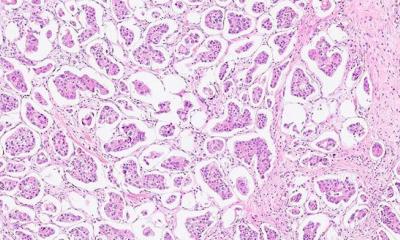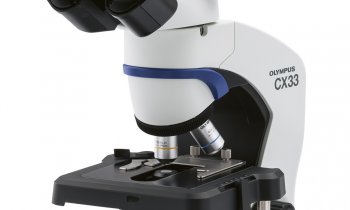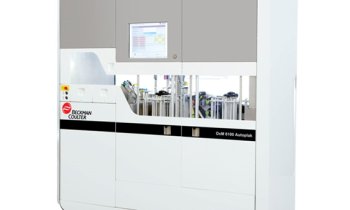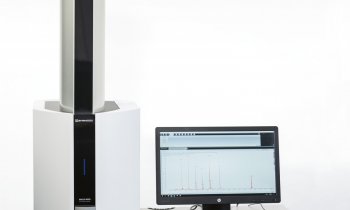Hospital Universitari Vall d`Hebron to work with Roche technology
The Research Institute of the Hospital Universitari Vall d'Hebron (IR-HUVH) in Barcelona is the first Spanish health centre to acquire the Genome Sequencer FLX System from 454 Life Sciences, a Roche company. This new high-performance sequencing system improves the productivity and precision of genome sequencing at IR-HUVH.

Multiple research projects in biomedicine conducted in the IR-HUVH have already incorporated the technology of 454 Sequencing to increase efficacy, and thus translate their findings into improved patient health. One example of the research projects that will benefit from this new equipment is the identification of resistant mutants to the new drugs developed for treatment of hepatitis virus infections. “Hepatitis C and B viruses present great variability, so a person infected by one of these viruses has a complex population of variants with a structure known as “quasispecies”. The identification of minority antiviral resistant variants (<1% of the circulating viral population) will contribute to develop more efficient treatments to eradicate infection or prevent the progression of liver disease in cirrhosis and/or hepatocarcinoma” explains Dr. J.I. Esteban head of the Hepatitis C research work group of the IR-HUVH and coordinator of viral hepatitis of the Ciberehd.
Another example of the applicability of the system is its use by the research group in digestive physiology and physiopathology of the IR-HUVH, led by Dr. Francisco Guarner. The group is the sole representative of the Spanish State participating in the MetaHIT project. The objective of the MetaHIT project is to decipher the genome of the bacteria of the gastrointestinal system and study their role in both the gastrointestinal system and in the development of certain conditions such as obesity or Crohn's disease. MetaHIT, comparable in magnitude to the map of the human genome, is a European consortium with more than 13 research groups, and enjoys the support of the European Union and private companies, and required an expert sequencing group for the study, in this case in China. In the future, high-performance sequencing could be generated in the IR-HUVH at very low cost and with high quality.
The Spanish researchers expect that the application of high-performance sequencing will change the panorama of the molecular diagnosis of genetic diseases within a few years. Potential application fields are seen e.g., for congenital coagulopathies, such as haemophilia or von Willebrand's disease. The identification of the genetic variants of the population will help to establish an epidemiological molecular base for theses diseases; furthermore it will help to understand the molecular processes in affected individuals and the relationship between genetic information and pathology.
21.07.2009











